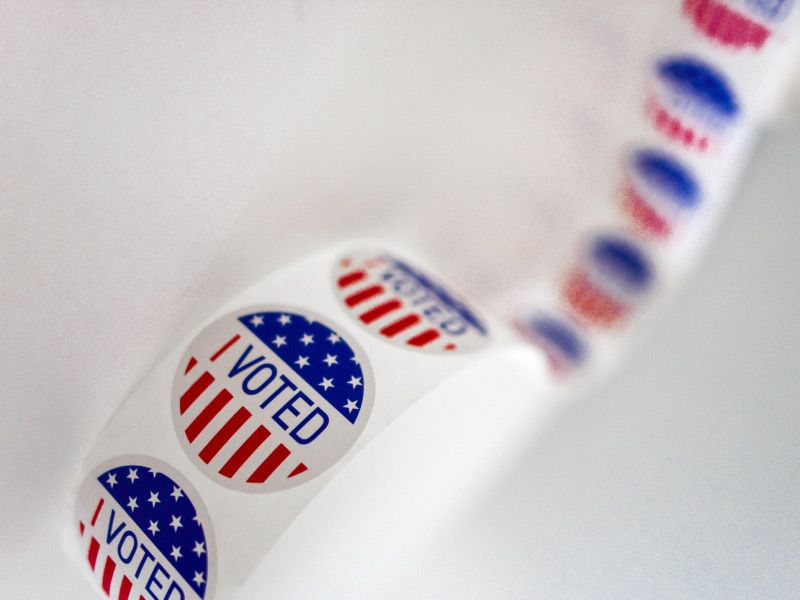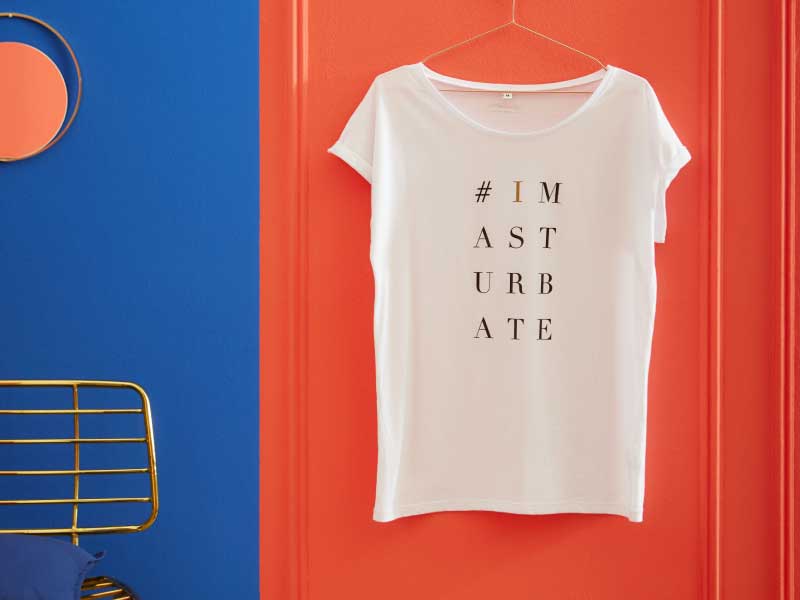
How to Talk About
Abortion at Thanksgiving
(And Other Spicy Topics)
By Kathleen Morrison
November 15, 2022
Thanksgiving is fast approaching and while many of us love a break from work and filling up on turkey, extended time with family can often be a bit more difficult to navigate, especially for those of us who have loved ones that span the political spectrum. Debating the fam at Thanksgiving isn’t for everyone—but if you’re gonna do it, we have the tools you need to do it right. Here’s how you can better navigate these hot topics, and maybe change some minds in the process.
🌶 Does birth control make teens more promiscuous?
Parents often bristle when doctors or their kids broach the topic of birth control pills, but in reality, these pills aren’t just used for sex. They can be a safe and effective way to treat painful periods, hormonal acne, and PCOS, which is also why they’re such an important part of overall healthcare! Research also shows that improvements in contraceptive use and access decrease rates of teen pregnancy without affecting rates of adolescent sexual activity. Basically, teens are going to experiment with their sexuality regardless—giving them the tools and information they need to protect themselves only serves to keep them healthy and safe until they are ready to be parents.
🌶 🌶 When should kids begin sex ed?
The state of sex ed in US public schools has made plenty of headlines over the past few years. Between debates over discussions of sexual identity and gender identity, how much students should learn, and who exactly should teach sex education, it’s hard to imagine that any kids are getting all the tools they need to stay safe and healthy. Experts agree that age-appropriate conversations about anatomy, consent, and biology should be ongoing throughout a child’s development to set them up for success. A recent study reviewing three decades of research on sex education finds that sex education is most effective when it builds, with one of the researchers comparing it to math, saying, “Waiting until eighth grade algebra to first introduce the subject of math would be absurd. The same is true for sex education.” This doesn’t mean that kindergartners need to be taught how sex works! But, beginning conversations about foundational concepts like personal boundaries, family structures, healthy friendships, and gender-based oppression as early as preschool helps to set students up for lifelong sexual health.
🌶 🌶🌶 What is the difference between medical abortion and emergency contraception?
The overturn of Roe V. Wade earlier this year has led to a lot of discussion (and confusion) about medical abortion, or “the abortion pill.” This kind of abortion is not the same as emergency contraception options like Plan B or Ella that are designed to stop pregnancy before it happens. Plan B and Ella cannot stop a pregnancy that has already occurred because they work to prevent pregnancy by preventing ovulation. The “abortion pill” actually consists of two different medicines: mifepristone and misoprostol. The abortion process requires two main steps—mifepristone causes the pregnancy to detach from the uterus and misoprostol causes the uterus to contract and push out the pregnancy tissue. Emergency contraception options can’t accomplish either of these steps.
🌶 🌶🌶 🌶 Does abortion harm women?
In fact, abortion is one of the safest medical procedures out there. A study from 2013 that looked at data from 45,000 women showed just 0.3% of patients who had medication abortions ended up hospitalized—that’s fewer than Tylenol. Abortion is also incredibly common—about 1 in 5 women will have an abortion before the age of 45. Currently, because of the overturning of Roe, almost one-third (29%) of the total US population of women of reproductive age are living in states where abortion is either unavailable or severely restricted. That’s 22 million women who are not able to decide for themselves whether continuing a pregnancy is in the best interest of their health and wellbeing or their families’ health and wellbeing. Abortion doesn’t harm women, it allows them the freedom to make the right choices for their lives and the lives of their loved ones.
Wisp now offers Medical Abortion in 9 states—learn more at https://hellowisp.com/medical-abortion. If you’re interested in learning more about safe at-home abortions, you can find resources at plancpills.org.

